
Bonmati is currently the number one superstar in football - Photo: REUTERS
How dangerous is viral meningitis?
Right before the 2025 Euro Women's Finals, the world football community was shocked when Aitana Bonmatí - the winner of the Women's Golden Ball for two consecutive years - was suddenly hospitalized with viral meningitis.
The information was confirmed by coach Montse Tomé in a press conference after the friendly match with Japan. She said Bonmatí was taken to hospital for observation after showing signs of high fever and prolonged fatigue.
Doctors concluded she had viral meningitis – a type of inflammation affecting the membranes that surround the brain and spinal cord.
While this is not as severe a condition as bacterial meningitis, it still requires treatment, monitoring and adequate recovery time. Bonmatí is currently receiving intensive care and, according to coach Tomé, her condition is “under control”.
She also shared photos from her hospital bed on social media, showing herself watching the team's matches on TV, still attached to an IV.
Despite his optimistic spirit, being hospitalized right before a major tournament leaves Bonmati's participation in the Euros still in serious doubt.
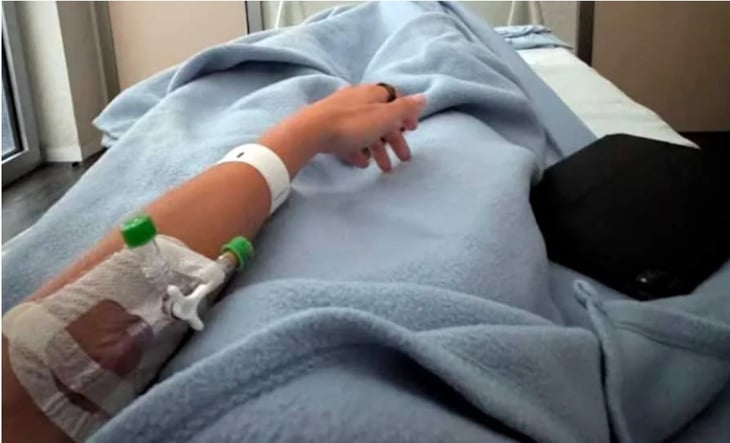
Bonmati shared a picture from the hospital - Photo: INSTAGRAM
Viral meningitis is more common than bacterial meningitis. It is usually caused by viruses such as Enterovirus, Herpes virus or Varicella virus.
In healthy people, the disease usually progresses mildly with symptoms such as fever, headache, stiff neck, fatigue and sensitivity to light. If detected and treated properly, the disease usually heals after 7 to 10 days without leaving any sequelae.
However, in some rare cases, especially in people with weak immune systems or if infected with a special virus such as Herpes, the disease can progress severely, causing seizures, neurological disorders, and even leaving sequelae such as memory loss, hearing loss, or chronic epilepsy.
Career in jeopardy
For a professional player like Bonmatí, being diagnosed with meningitis, even if caused by a virus, is a serious incident.
This is not only because the recovery time cannot be rushed, but also because it requires complete recovery of neurological function, physical fitness, reflexes, and sharpness for top-level competition.
For now, the possibility of her playing in the opening match of the Euro against Portugal on July 3 is very low. Even if she recovers on schedule, Bonmati's participation in the next group stage matches against Belgium and Italy is not guaranteed.
Bonmati is currently at the peak of her powers. She recently helped Barcelona win the Women's Champions League. She was also a key player in Spain's World Cup and Nations League triumphs.
Coach Montse Tomé shared: “We will wait for her to make it to the end. But first and foremost is her health. Nothing is more important than a complete recovery.”
In the long term, if the condition is mild and leaves no after-effects, Bonmati can return to normal competition within 1-2 months. But if it gets worse, she may have to retire.
Source: https://tuoitre.vn/soc-duong-kim-qua-bong-vang-nu-mac-benh-viem-mang-nao-20250628115915048.htm





![[Photo] Closing Ceremony of the 10th Session of the 15th National Assembly](/_next/image?url=https%3A%2F%2Fvphoto.vietnam.vn%2Fthumb%2F1200x675%2Fvietnam%2Fresource%2FIMAGE%2F2025%2F12%2F11%2F1765448959967_image-1437-jpg.webp&w=3840&q=75)


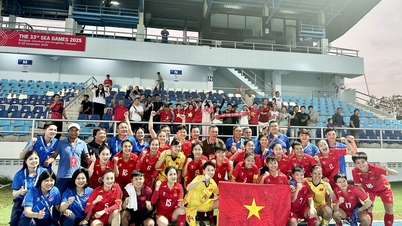

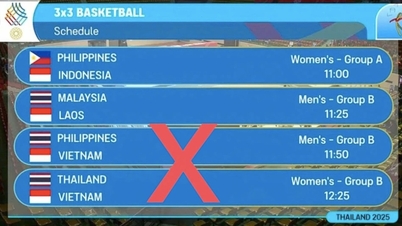



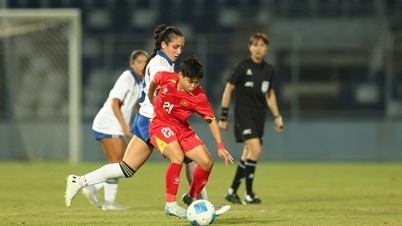
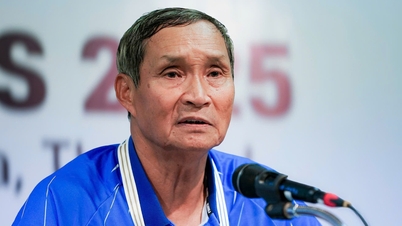
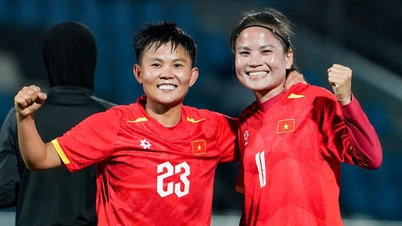
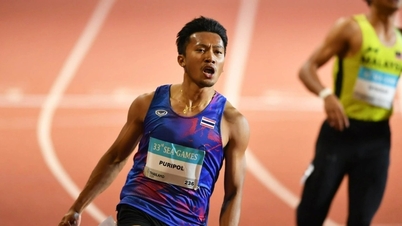




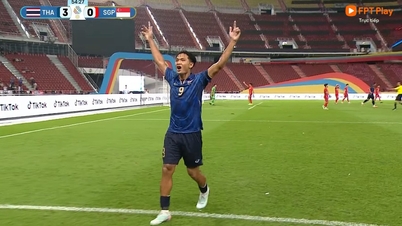
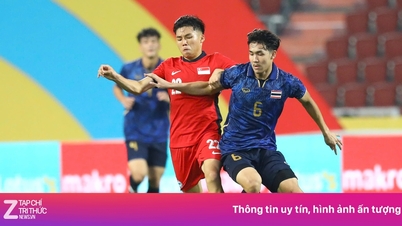






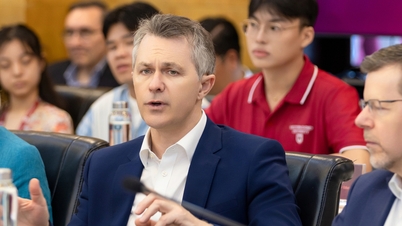
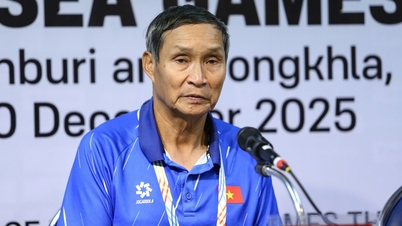
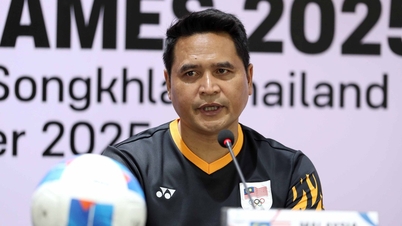
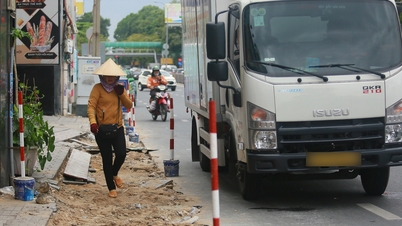
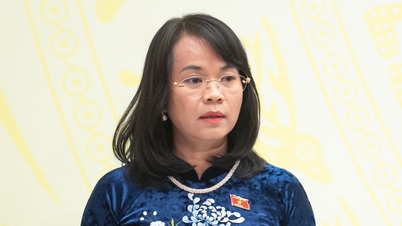




















![[OFFICIAL] MISA GROUP ANNOUNCES ITS PIONEERING BRAND POSITIONING IN BUILDING AGENTIC AI FOR BUSINESSES, HOUSEHOLDS, AND THE GOVERNMENT](https://vphoto.vietnam.vn/thumb/402x226/vietnam/resource/IMAGE/2025/12/11/1765444754256_agentic-ai_postfb-scaled.png)



















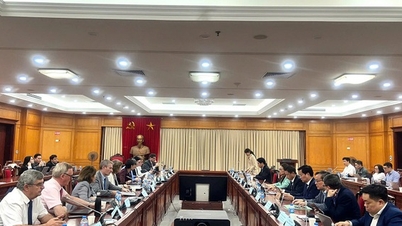

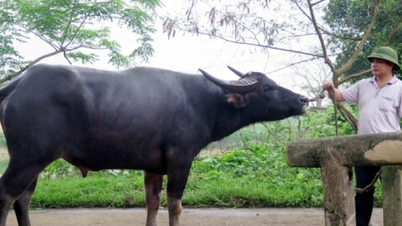
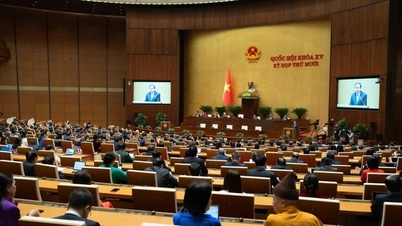



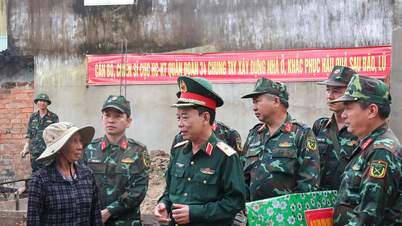



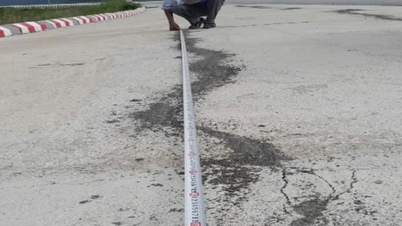




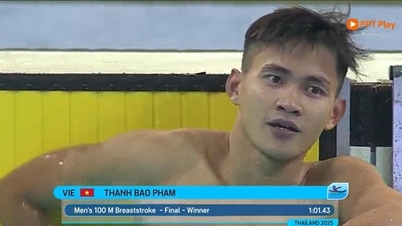














Comment (0)